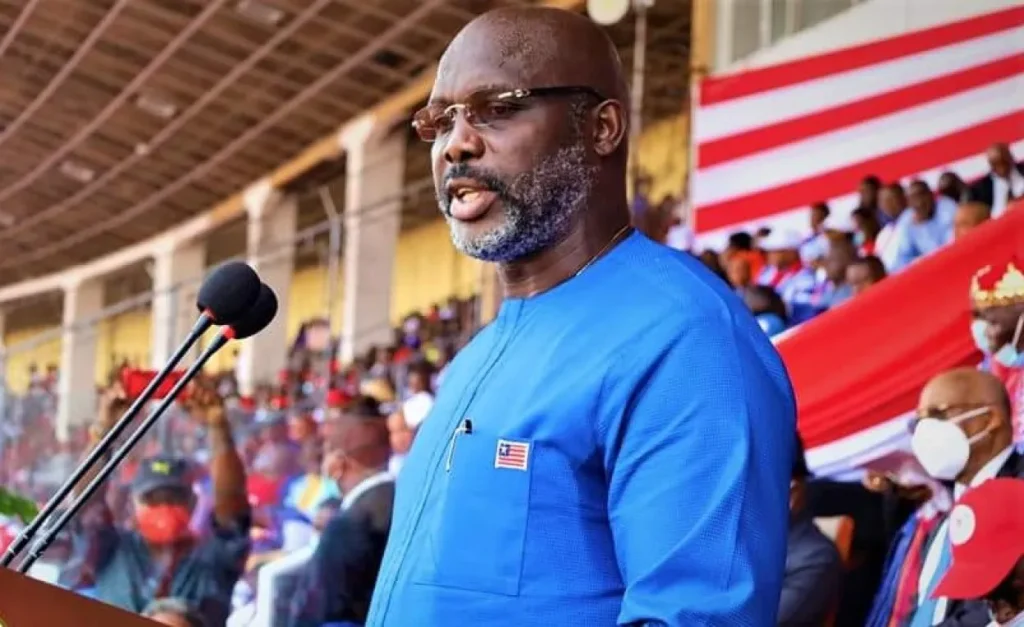Despite earning foreign currency, YouTubers from South Sudan are forced to relocate to Uganda and Kenya to monetize their content and grow their online presence. This is because South Sudan lacks essential digital infrastructure, such as data protection laws, intellectual property rights, and community standards, which hinders content creators from earning revenue in their home country.
Several successful South Sudanese content creators, including popular musicians, bloggers, and comedians with over 100,000 followers on platforms like YouTube and TikTok, have voiced their frustration. They believe that the absence of South Sudan in the global digital marketplace limits their ability to grow their online businesses.
T Manager, a South Sudanese recording artist with 150,000 YouTube followers and 25,000 TikTok followers, explained that South Sudan is not monetized on YouTube. “When I created my YouTube page last year, South Sudan was not eligible for monetization, so I had to register my channel in Kenya or Uganda to make money from it,” he said.
Although T Manager earns around $500 per month from his content on YouTube and TikTok, the views he gets from South Sudan do not generate any income. Similarly, lifestyle blogger and comedian Mr. BMG, with 142,000 YouTube subscribers, shared his experience of receiving the YouTube Silver Plaque after reaching a million views. However, like many South Sudanese creators, he said that views from within South Sudan don’t translate into revenue.
“Even if you get a lot of views in South Sudan, it’s zero earnings. There are no ads running on YouTube videos in South Sudan, unlike in Uganda or Kenya,” Mr. BMG explained. Last year, he earned $3,800 from hitting a million views, but none of those earnings came from South Sudan.
YouTube and other online platforms use metrics like cost per mille (CPM) and revenue per mille (RPM) to calculate how much content creators earn for every 1,000 views in different regions. Countries like the United States, Australia, and the UK have higher RPMs, meaning creators from those countries earn more. In contrast, content creators in Uganda and Kenya earn about $3 per 1,000 views. Factors such as content type, audience engagement, and timing also affect earnings.
For creators like T Manager, who gained 20,000 followers in a single day after one of his music videos went viral on YouTube, the inability to monetize South Sudanese views is a huge drawback. Analytics show that much of the audience for African digital content is actually in countries like India, Pakistan, and Nepal, further complicating monetization for creators based in South Sudan.
According to Global Media Insights, South Asia has the highest number of YouTube users, followed by Southeast Asia and North America. In comparison, East Africa, where South Sudan is located, has just 9.4 million YouTube users, which limits the potential audience for creators.
Napoleon Adok, Director General of South Sudan’s National Communications Authority (NCA), acknowledged the issue. He explained that South Sudan’s outdated internet infrastructure and lack of community standards are major obstacles to monetizing online content. “The internet we use here isn’t even from South Sudan, which is why content creators go to Uganda. When you upload content from here, you’re recognized as being in Uganda, and you get more views because their community standards are in place,” Adok said.
He also pointed out that the tech giants controlling platforms like YouTube, TikTok, and Instagram, such as Meta and Google, require countries to have clear community standards and data protection laws before they allow monetization.
Without proper laws on data protection and intellectual property, South Sudan risks being left behind in the rapidly growing digital economy. John Omo, Secretary General of the African Telecommunications Union, warned that South Sudan must adopt such laws to stay competitive. He emphasized the importance of domesticating the Malabo Declaration on data protection, which could open doors for content creators.
Thys Kazan, Meta’s Regional Director for Sub-Saharan Africa, agreed, noting that content creators will benefit the most from digital growth, but only if they are supported by laws that enable tech companies to enforce community standards and protect intellectual property.
In conclusion, South Sudan faces significant challenges in supporting its content creators due to a lack of digital infrastructure and legal frameworks. Until these issues are addressed, creators will continue to seek opportunities in neighboring countries like Uganda and Kenya, where monetization is possible.






















